In Bologna, after 20 years, the story of Genus Bononiae, the museum center that can be considered somewhat the son of Fabio Roversi Monaco, the historic rector of the Alma Mater and former president of the Fondazione Cassa di Risparmio di Bologna, is coming to an end. Genus Bononiae, which was created with the aim of networking five historic buildings restored and reopened to the public to tell the story of Bologna and its artists, is in fact disintegrating. The museum circuit encompassed the five venues represented by Pepoli Palace with the Museum of the History of Bologna, Fava Palace used as an exhibition palace (as well as a palace where the artistic debut of the Carracci can be admired: one of the most important fresco cycles by Annibale, Agostino and Ludovico Carracci can be found here), St. Columba with the exhibition of the Tagliavini Collection (an important collection of ancient musical instruments and also hosts a concert season), the church of Santa Maria della Vita (the famous Lamentation over the Dead Christ by Niccolò dell’Arca can be admired here) and San Giorgio in Poggiale with the Library of Art and History. Genus Bononiae represented an innovative cultural project by aggregating and holding together in a single canvas different structures and vocations: each venue with its own cultural and event programming under a single direction that this year could see its separation with autonomous management entrusted to different entities.
In fact, the municipality would have in place an interlocution with the banking foundation to take over the management of Pepoli Palace, while for the other four venues a notice was published last Monday for an expression of interest to manage each of them (there is time until March 13 to come forward).
The initiative of the disengagement in this area started from the current top management of Carisbo, which called the operation “indifferent” on the word of its president Patrizia Pasini: “The enhancement of the Genus Bononiae museum center,” the president explained in a press note from the foundation, “of undisputed relevance, identity and sociocultural value, which in cultural programming and the activity of preserving Bologna’s heritage of memory reinforces the sense of community and belonging to our territory, is irreplaceable. For this reason, the procedure for activated the procedure for the collection of expressions of interest in the management of four museum sites (Fava Palace, St. Columba, Santa Maria della Vita and San Giorgio in Poggiale), shared by the Governing Bodies and fine-tuned with the advisory of Sinloc SpA, for the enhancement of a project promoted now twenty years ago and which, in a context that has progressively changed and is today undergoing a very rapid positive evolution, needs an optimization of all the necessary resources, including specialized ones, for an integrated, professional and synergic management able to ensure better conditions of public use, utilization and social return of the investment.”.
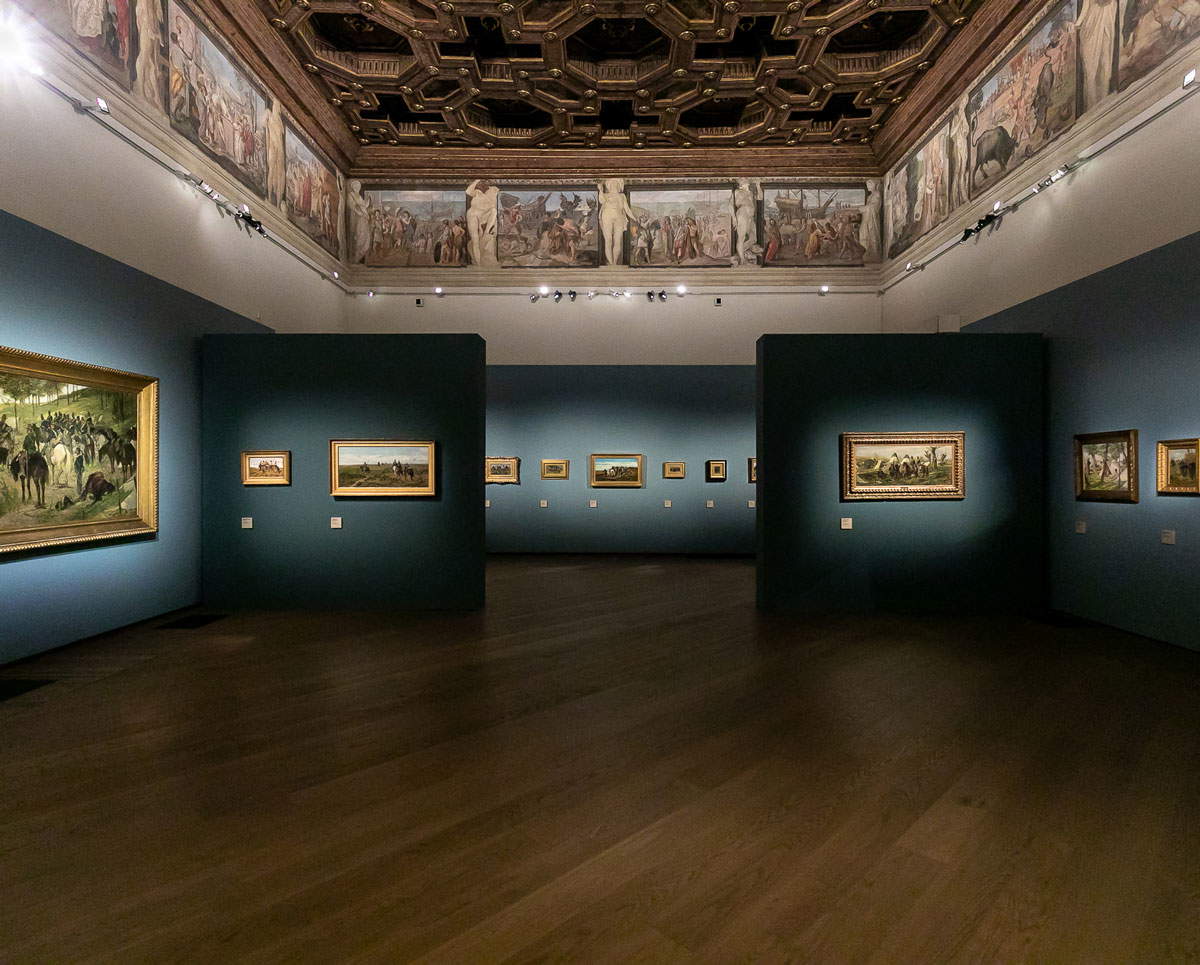
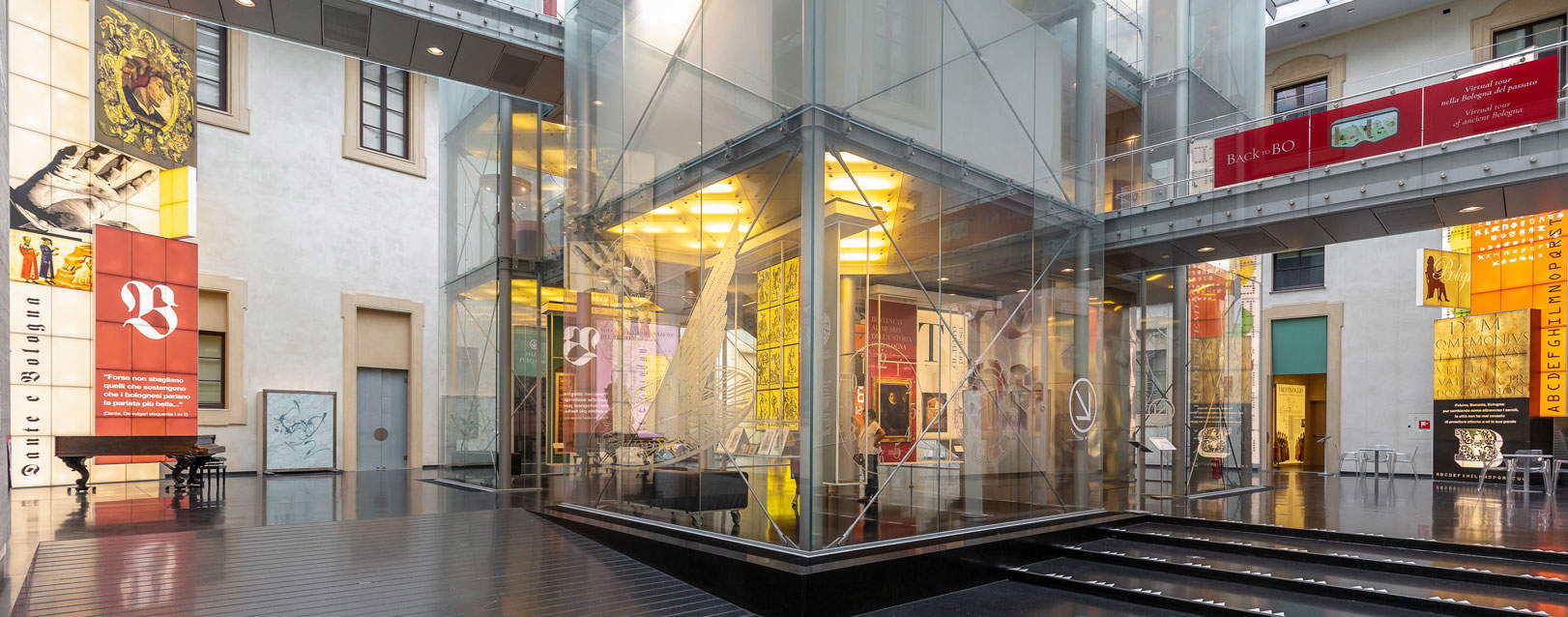
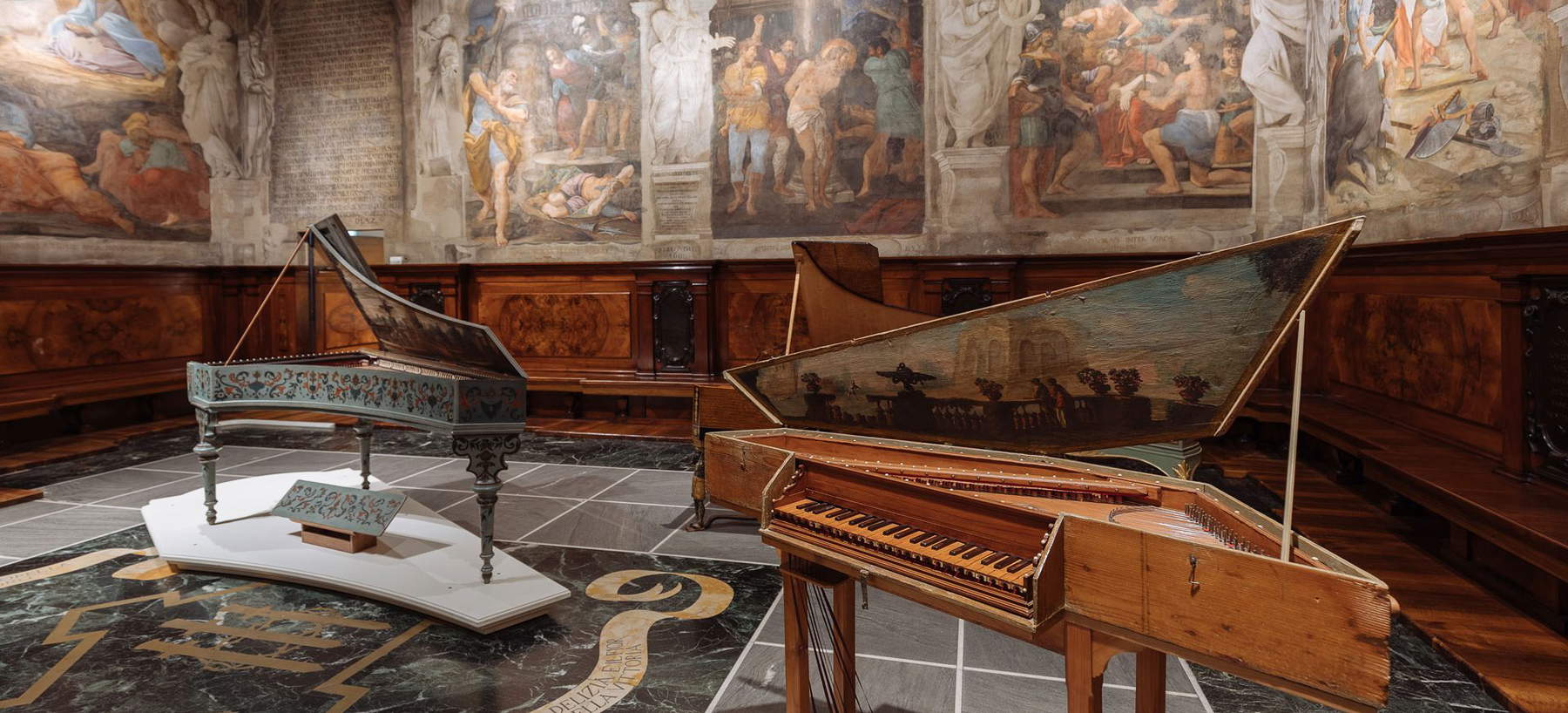
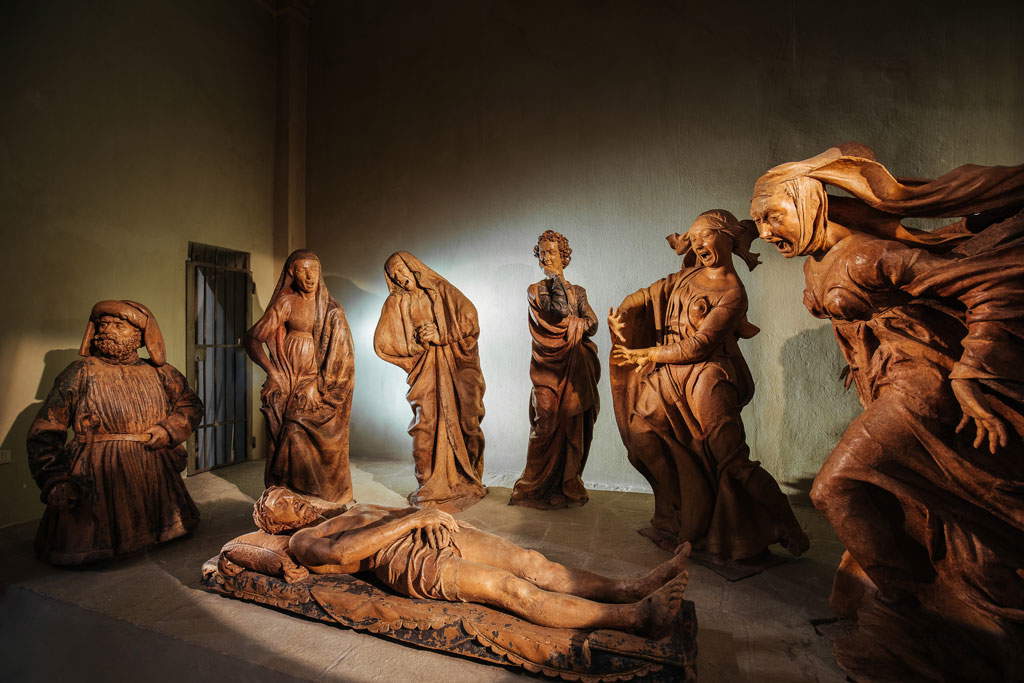
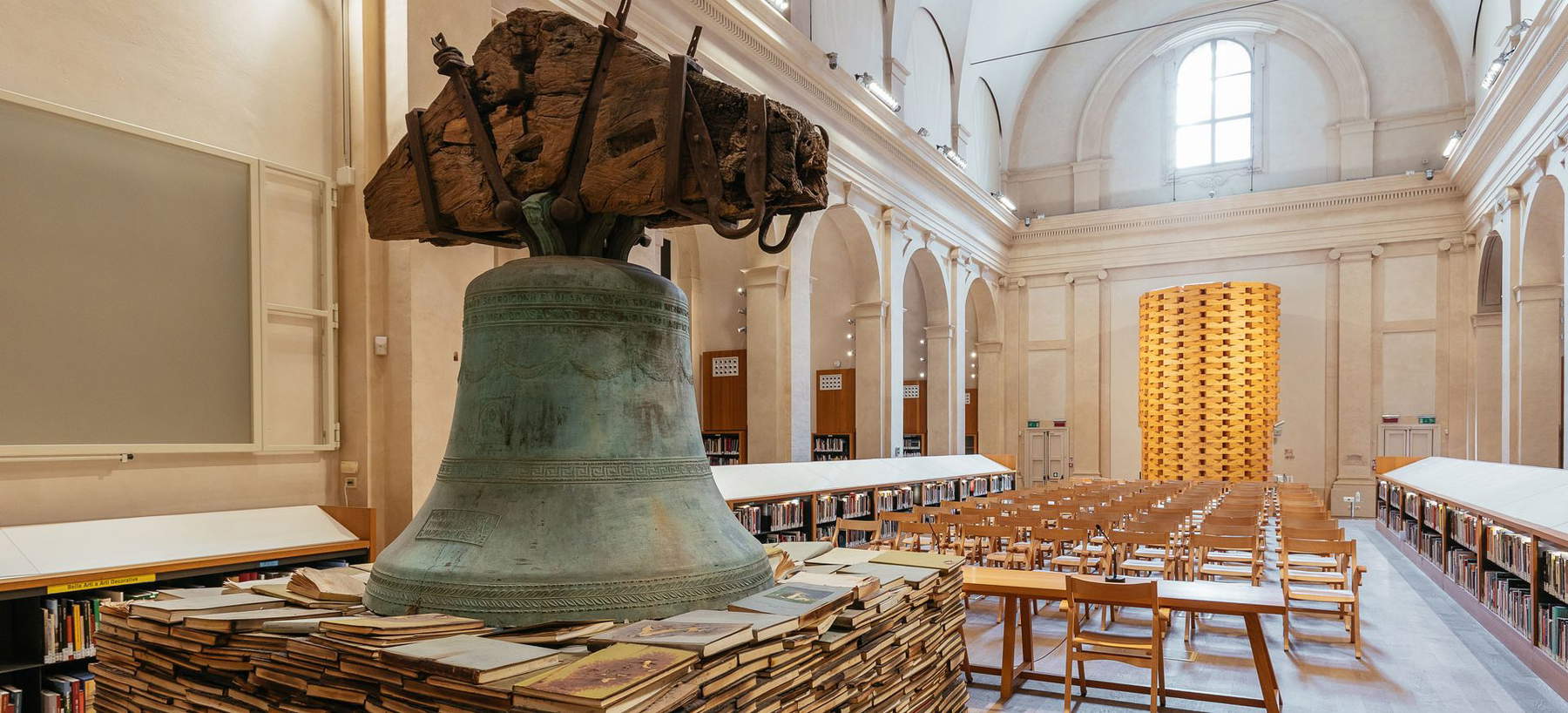
The notice published on the Foundation’s website, at https://fondazionecarisbo.it/avviso-genus-bononiae/, is intended to verify “the interest, on the part of specialized operators, in the management and enhancement of the four museum sites of Fava Palace, St. Columba, Santa Maria della Vita and San Giorgio in Poggiale, and complementary services, through the presentation of projects of enhancement and integrated and synergistic management,” the note explains. Important for the employees is the clause stipulating that the current staff will be reabsorbed by the successor entity.
Genus Bononiae encapsulated the 2,500 years of art, history, literature and culture of the capital of Emilia thanks to funding from the Foundation, which is now looking for private individuals to take over in each of the 4 locations with a project that enhances what is already there. The competitive bid for management is for four years, for which the Foundation provides a budget of about 5 million, 1.5 in the first, then dropping to 1 in the fourth. Ticketing receipts will go to the successful bidder except for the payment of 5 percent of receipts to the Carisbo Foundation “as compensation for the right to provide the services themselves,” and the directions of the cultural program will have to be shared with the Foundation’s top management.
The party to whom management will be handed over will have a fairly structured profile given that the requirements include a turnover of no less than 15 million euros in the last five years and proven experience in managing exhibition facilities.
The Foundation therefore seeks as partners subjects already operating in the sector to exit management permanently for a reason of cost (3.5 million last year, double that three years ago and even 10 million some time ago) and mission: it will remain the owner of the properties but wants to hand over in good hands the cultural and artistic heritage born with the project.
 |
| Bologna, Genus Bononiae museum circuit nears conclusion |
Warning: the translation into English of the original Italian article was created using automatic tools. We undertake to review all articles, but we do not guarantee the total absence of inaccuracies in the translation due to the program. You can find the original by clicking on the ITA button. If you find any mistake,please contact us.